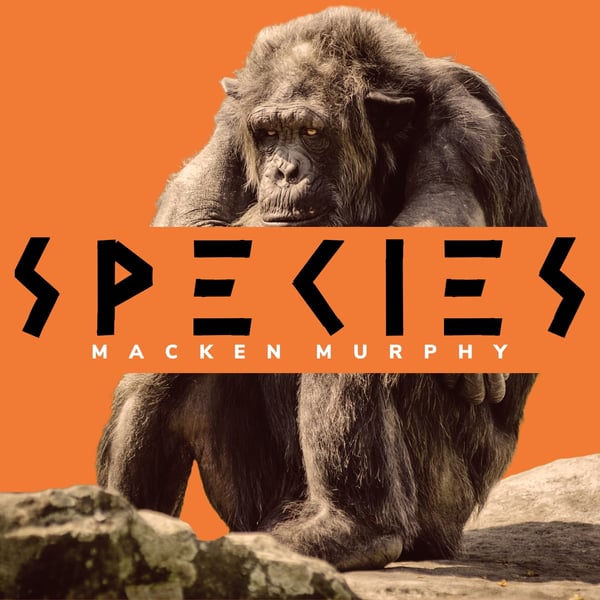Docility and the Death Penalty | Dr. Richard Wrangham
Species
Macken Murphy
4.8 • 606 Ratings
🗓️ 20 November 2020
⏱️ 93 minutes
🧾️ Download transcript
Summary
Dr. Richard Wrangham’s book, The Goodness Paradox, argues that we humans inadvertently domesticated ourselves using the death penalty. In this conversation, we discuss the evidence supporting this hypothesis, the radical implications that follow from it, and a whole host of other topics, including morality, religion, patriarchy, psychopathy, and drug use in chimpanzees.
Richard is Harvard University’s Ruth B. Moore Professor of Biological Anthropology, he is founder of the Kibale Chimpanzee Project, co-founder of the Kasiisi Project, and patron of the Great Apes Survival Partnership. He is the author of three influential books, Demonic Males, Catching Fire, and his newest book, The Goodness Paradox, which we recommend you read: https://www.amazon.com/Goodness-Paradox-Relationship-Violence-Evolution/dp/1101970197/ref=sr_1_1?crid=20C3Z9TAHH4UK&dchild=1&keywords=the+goodness+paradox+richard+wrangham&qid=1605904298&s=books&sprefix=the+goodness+pa%2Cstripbooks%2C180&sr=1-1
Transcript
Click on a timestamp to play from that location
| 0:00.0 | At this very moment, there are humans flying above our heads, stuffed into airplanes like tennis balls in a can, sitting peacefully among strangers for hours on end. |
| 0:12.8 | It's remarkable that apes could achieve such a thing. |
| 0:17.2 | I refer not to the technical achievement of flight, but the temperamental achievement, of peace |
| 0:23.1 | and confinement with strangers. The anthropologist Sarah Hurdy once imagined the catastrophe of |
| 0:31.2 | attempting the same with a pack of our cousins, the chimpanzees. Quote, any one of us would be |
| 0:37.1 | lucky to disembark with all ten fingers and |
| 0:39.5 | toes still attached, with the babies still breathing and unmaimed. Bloody earlobes and other appendages |
| 0:45.9 | would litter the aisles. End quote. Given that we have every reason to believe our ancestors |
| 0:53.6 | were chimp-like, through and through, |
| 0:56.2 | it seems like our species has really improved our disposition in the interim. |
| 1:02.0 | But then again, as Dale Peterson points out, a chimpanzee wouldn't deliberately try to bomb the plane either. |
| 1:11.6 | Dr. Richard Rangham's book, The Goodness Paradox, |
| 1:16.0 | notes the juxtaposition between these two true observations |
| 1:20.3 | and reconciles them impressively. |
| 1:24.6 | Our species lacks the reactive aggression, |
| 1:27.1 | the impulsive and spontaneous violence of the chimp world, |
| 1:30.7 | and yet we retain proactive aggression in a form of cold, calculated, deliberate violence. |
| 1:39.0 | It is profoundly mysterious that our species is so much more affable and docile and cooperative |
| 1:46.7 | than our chimpanzee cousins, and yet we somehow happily carry out deliberate, planned acts of |
| 1:53.8 | violence that make the chimpanzee's worst demons look like angels. |
| 1:58.7 | This behavioral imbalance is one of the great unsolved puzzles of our species. |
| 2:04.8 | Today, I had the pleasure of speaking to the man who may well have put the pieces together. |
... |
Please login to see the full transcript.
Disclaimer: The podcast and artwork embedded on this page are from Macken Murphy, and are the property of its owner and not affiliated with or endorsed by Tapesearch.
Generated transcripts are the property of Macken Murphy and are distributed freely under the Fair Use doctrine. Transcripts generated by Tapesearch are not guaranteed to be accurate.
Copyright © Tapesearch 2025.

